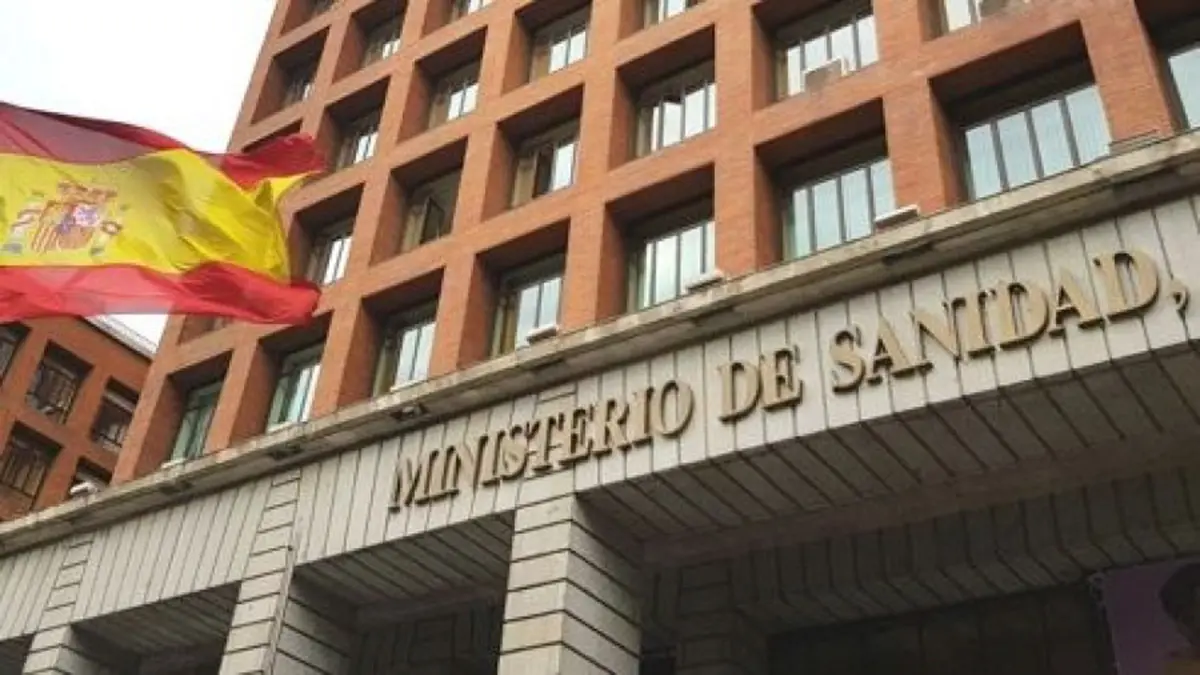Minsait participates in the technological development of the Unique Network for the care of paediatric patients with rare diseases

- Global and integrated view of patients and pathologies
- Equity in professionals, diagnoses and treatments
Minsait (Indra Group) is participating in the technological development of the Unique Network, a project financed with Next Generation funds within the framework of the PERTE (State Programme for the Modernisation of the Health System) to improve the care of paediatric patients with rare or minority diseases through digitisation.
The network, which covers 30 hospitals throughout Spain and has a central interoperability node at the Ministry of Health, hopes to reduce diagnosis times and guarantee equity in the healthcare of children with these types of pathologies. To do this, it will connect its information systems and facilitate communication between centres in an agile, secure and accessible way for healthcare professionals, but also for patients, families and carers.
Promoted by the Ministry of Health, the Unique Network is a key pillar of the Digital Health Strategy, with functional management by the Hospital Sant Joan de Déu (Barcelona) and the Community of Madrid, and technological development and integration of the project by Catalonia.
Global and integrated view of patients and pathologies
The Government of Catalonia, through the public body Tic Salut Social, has awarded Minsait the development of the digital platform that will allow healthcare professionals to share information with a global and integrated view of paediatric patients with four types of diseases (mitochondrial, neuromuscular disorders, epileptic encephalopathies and neurodevelopmental syndromic disorders).
In this way, and with the aim of ensuring continuity of care, the technological network will establish a functional ecosystem with the capacity to connect the different centres and care circuits in real time, regardless of where the patient lives.
This fluid channel of communication between disciplines, levels of care and geographical areas will make it possible to guide professionals on the practices that are already being carried out in other hospitals for similar patients and, at the same time, will have a positive impact on their quality of life, reducing the number of trips needed for doctors to monitor their illness.
Equity in professionals, diagnoses and treatments
In Spain, more than three million people have been diagnosed with rare or minority diseases (EEMM) and 70% are chronic paediatric patients, according to the Spanish Federation for Rare Diseases (Feder). The main difficulties in providing them with adequate care lie in the unequal access to specialised medical care centres depending on the patient's address, the lack of tools to provide them with close monitoring and the complexity of obtaining a diagnosis.
Antonio Martos, Global Director of Healthcare at Minsait, explains the value of the new technology platform which, thanks to the interoperability of data from 30 hospitals throughout Spain, ‘will overcome many of the difficulties described in order to bring the best medical professionals, the most accurate diagnosis and the most appropriate treatment to patients with rare diseases, regardless of where they come from or where they are’.
Furthermore, Martos points out, the network is already considering a new phase known as Únicas+ ‘to extend it to other pathologies and age groups; to integrate primary care; to incorporate Artificial Intelligence tools and advanced analytics; and to add imaging as a resource to support professionals. In short, it is a great leap forward in the comprehensive approach to this type of disease, shortening the average time to diagnosis, allowing for more casuistry for research into these diseases and improving the lives of patients and affected families’.










